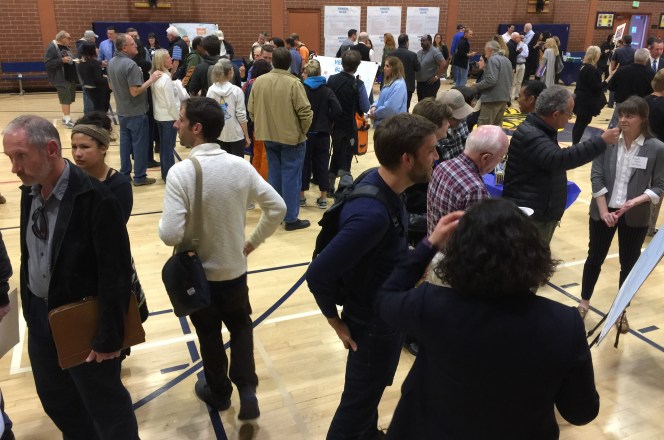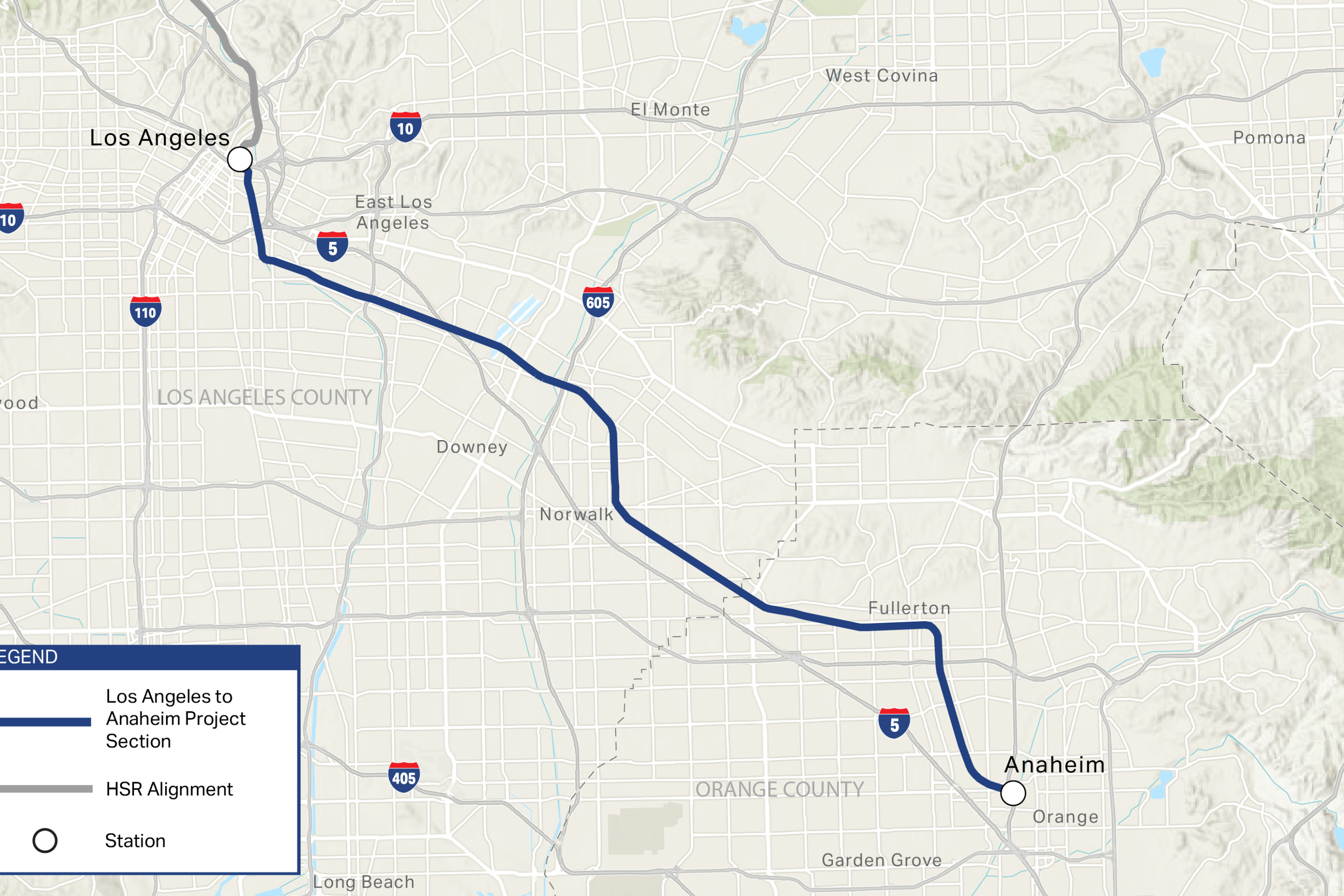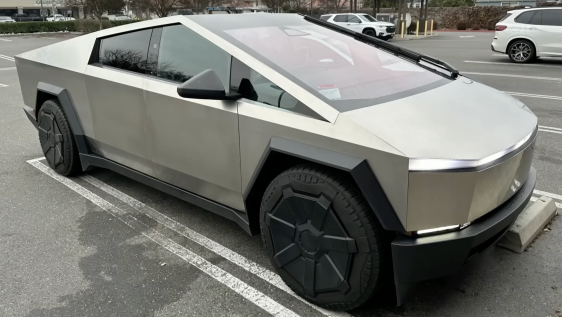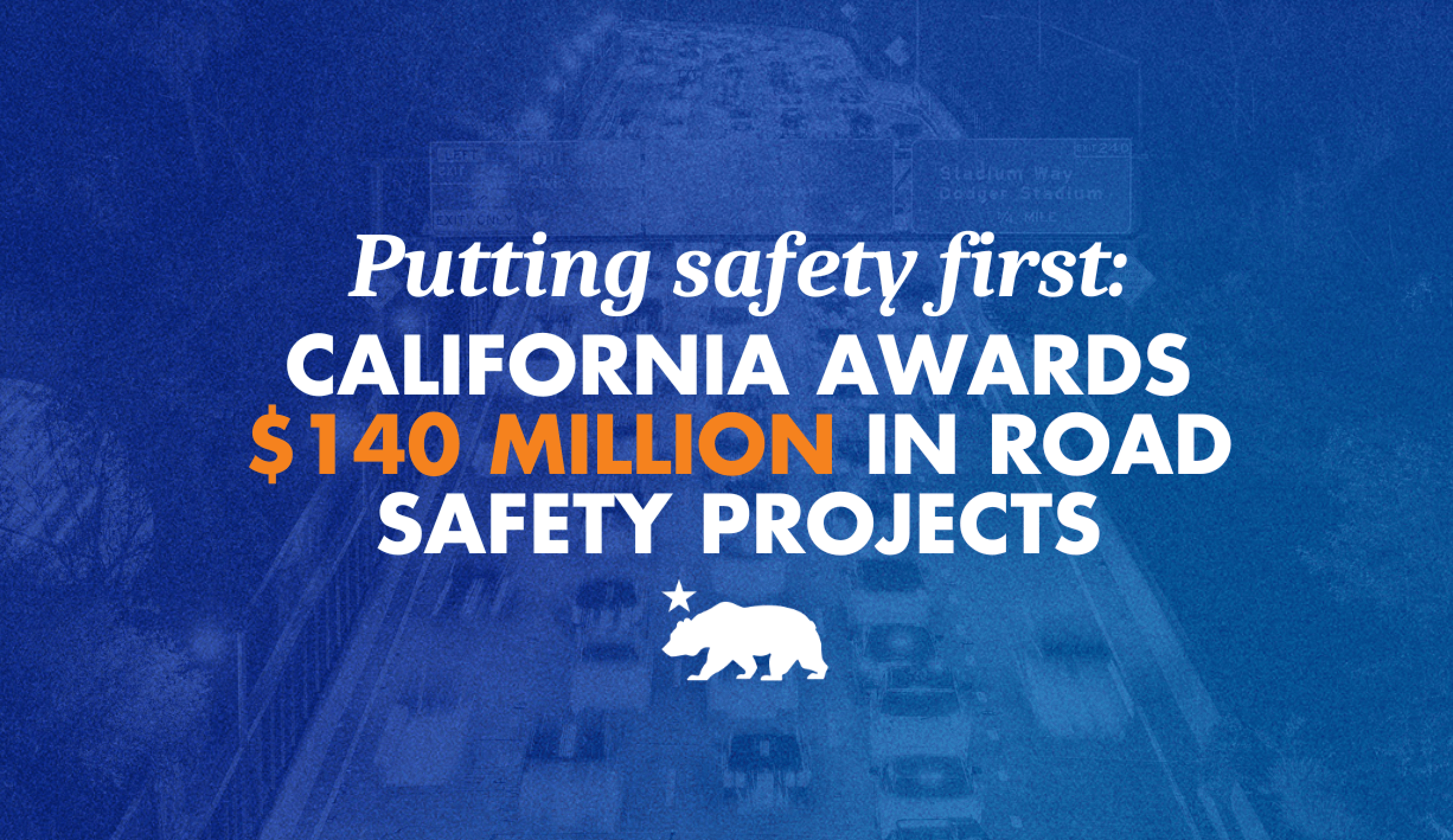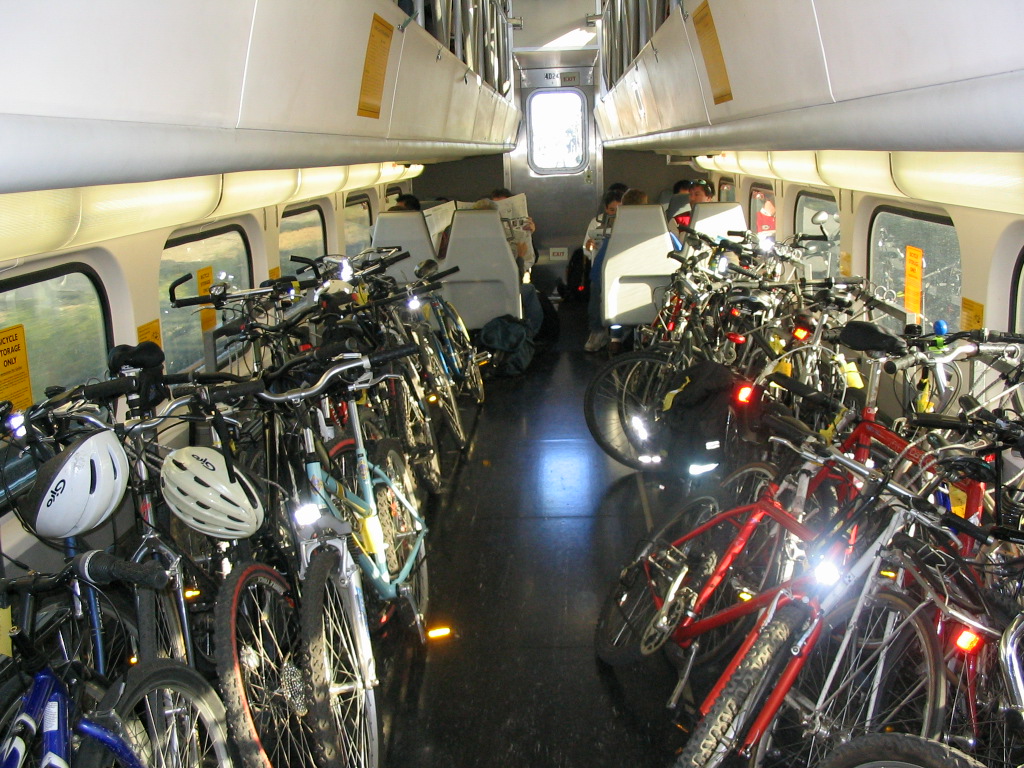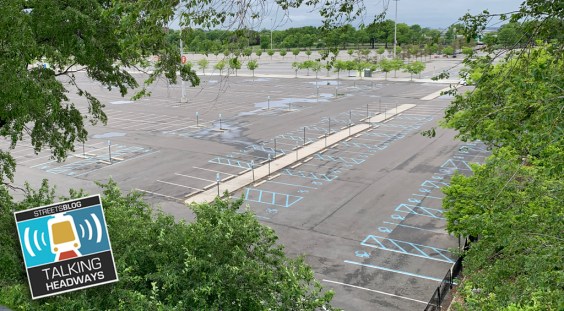Last night the Los Angeles City Transportation Department (LADOT) hosted an open house meeting on the Mar Vista Venice Boulevard Great Streets project. The open house was a six-month check-in, with LADOT presenting their latest project data. The event took place at the Mar Vista Recreation Center.
The project removed a car lane in each direction for 0.8 miles of Venice Boulevard. The city added parking-protected bike lanes and signalized mid-block crosswalks. These improvements were debuted in May 2017, though in late 2017, the city reworked portions to make driver right-turns easier.
Much of LADOT's six-month data showed relatively little change in outcomes before and after the project was implemented. Overall crashes, injuries, travel times, and even speeding show very little change.
Project opponents, including some trolling Streetsblog comments, are quick to cite anecdotal evidence that "accidents" have increased since Venice Blvd safety improvements were implemented. Last night, SBLA watched a couple of complainers pull out their cell phones to show their crash photos to L.A. City Councilmember Mike Bonin.
Anecdotes are very different than using actual law enforcement data. And, as Bike the Vote's Michael MacDonald articulates, "the important metrics are the number and severity of crashes that result in fatalities and/or serious injury, as the goal of Vision Zero is to reduce the severity of crashes, not the reality of human error."
The latest crash data is inconclusive. LADOT statistics show essentially no change between corresponding periods before and after changes were installed. Overall there are marginally fewer crashes, though injury collisions have increased slightly. In the LADOT's words: changes in collisions, so far, have been "too low to be statistically significant."
Travel times are, as expected, marginally higher, especially in peak directions at peak times. Soon after project implementation, travel time was up significantly during eastbound evening rush hour, though that trended downward in the six-month figures, possibly due to December adjustments made to facilitate drivers' right turns.
Pre-project speed surveys showed non-peak-hour drivers speeding at 41 mph, one mile over the posted 40 mph speed limit. Six month post-project data showed westbound speeding disappointingly unchanged, with eastbound speeds increased to 45 mph. This disconcerting metric suggests that LADOT perhaps needs to slow the street even more to get drivers to obey posted speed limits.
What accounts for the inconclusive data? It is not clear. There may be too many fluctuations in sampling a relatively small site. The design might not be as effective as expected. It is also possible that the improvements have kept Venice Boulevard safety more-or-less level, while the rest of L.A. is experiencing an upward trend in miles driven, congestion, crashes, deaths, and injuries. Hopefully, results will become more clear and more conclusive as the project continues to be monitored.
With the meeting's open house format, there was no time for verbal public comments, so it is difficult to assess just how the several hundred attendees reacted to the project and the latest data.
More than a dozen bicycles were locked near the entrance to the center, indicating that plenty of bicyclists were in attendance, many presumably in support of the project.
A couple dozen attendees were clearly opposing the project; they displayed "restore Venice Blvd" and "give us back our lanes" signs.
LADOT plans to do a more detailed analysis to be presented after one-year data is available.
